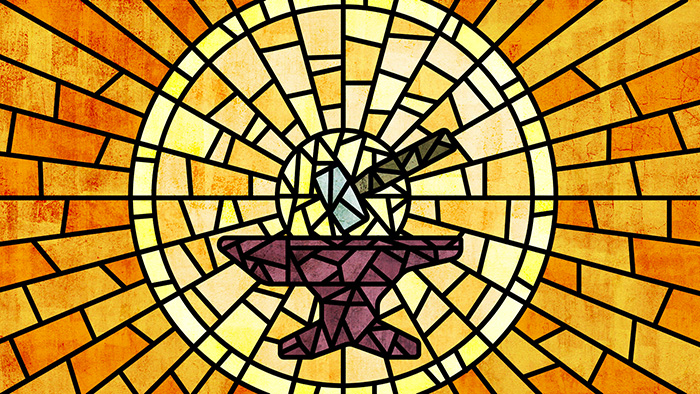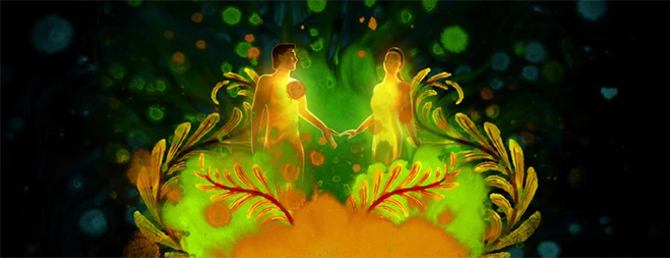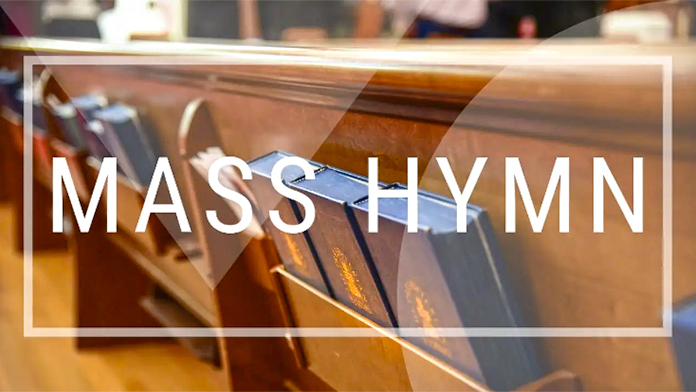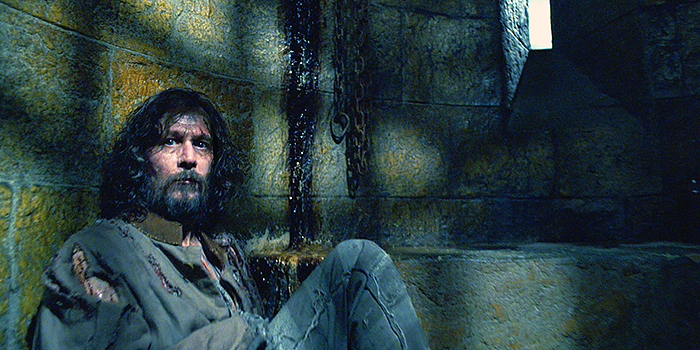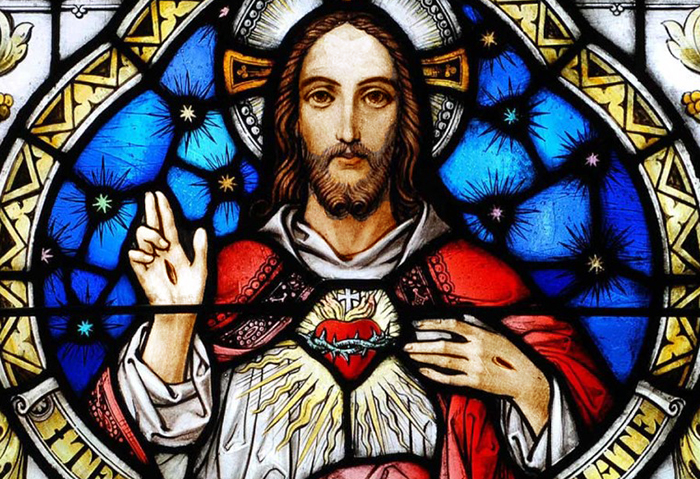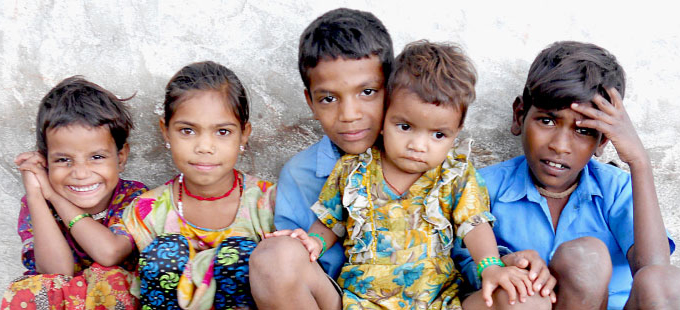
The words of Isaiah, which Christ read out on this occasion, describe what lies in His heart and should lie in each person’s heart – an awareness and love of the poor. We need to give to people experiencing poverty, not because they need it, though they do, but because we need to do that to be healthy. That’s an axiom grounded in scripture where, time and again, we are taught that giving to the poor is something we must do for our health. Fr. Rolheiser writes that this truth is expressed in many religions and cultures. For example, several indigenous North American people practiced something they called potlatch. This was a festival, sometimes attached to a birth or wedding celebration, at which a wealthy person gave away gifts to the community. Its primary purpose was to ensure a certain distribution of wealth but also to ensure that wealthy individuals stayed healthy by being solicitous in terms of not accumulating too much wealth. It was believed that too much excess left a person unhealthy. This has been a perennial belief in most cultures. In Christianity, we have enshrined this in the challenge to be charitable to the poor, and we have classically seen our giving to the poor as a virtue, rightly so. For the most part, we are generous and charitable people. We give away some of our surpluses, and despite warnings from professionals who work with street people that this isn’t helpful, our hearts are still moved by those begging on our streets. We continue to slip them money (even as we don’t believe their claim that they need money for food or bus fare). For the most part, our hearts are still in the right place. We need to give to the poor because they need it, admittedly, but we need to do it because we cannot be healthy unless we do this. And we need to see our giving not so much as charity but as obligation, justice, and something we owe. St. Vincent de Paul is reputed to have challenged his followers with words to this effect: It is more blessed to give than to receive- and it is also easier!


